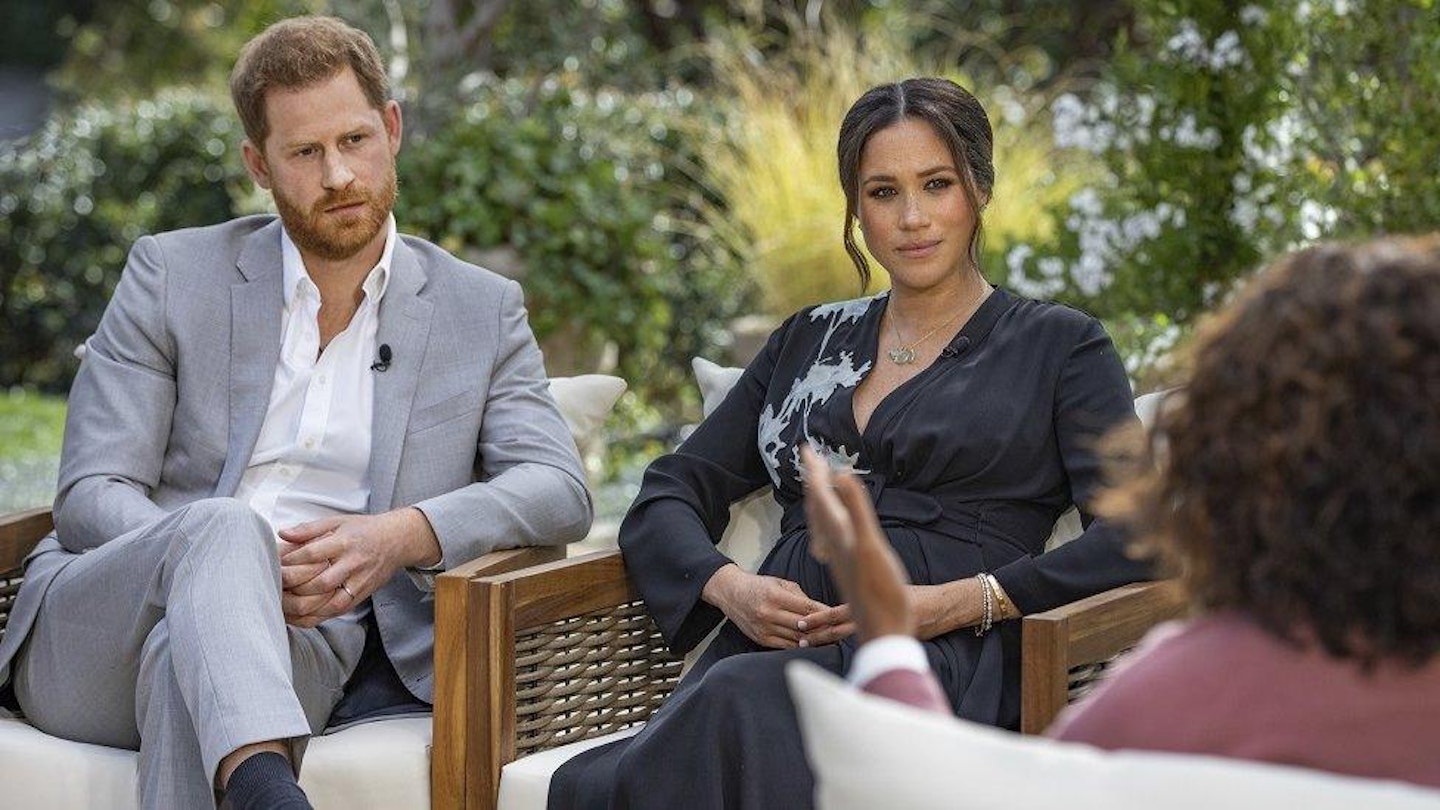It might not have landed the way they’d planned, but Prince Harry and Meghan Markle’s 2022 Netflix documentary series gave the couple unprecedented autonomy over their image. Two years later, it looks like Harry’s older brother is lifting from the same playbook and is unfortunately reaping similar results.
Prince William’s two-part documentary, Prince William: We Can End Homelessness sees the heir to the throne launch his Royal Foundation’s Homewards programme in which he aims to end homelessness in the UK. It debuted on ITV on 30 and 31 October before landing on Disney+.
The Prince of Wales and Homewards take their mission to six different locations in the UK, with William ultimately opting to build supported housing on royal land.
However, it’s not all business and philanthropy. In the documentary, which was produced by Louis Theroux’s production company Mindhouse, William also speaks about Harry and shares memories of his mother Princess Diana taking them to a homeless centre in London when they were children.
In one scene he says, ‘My mother took me to The Passage [homeless shelter], she took Harry and I both there. I must have been 11 at the time, maybe 10. I had never been to anything like that before, and I was a bit anxious about what to expect.’
Unfortunately, childhood anecdotes aside, the series has been deemed an 'abject failure' by some commentators, with the prince accused of being out of touch and 'copying' his younger brother. Several viewers were also quick to point out that William alone has an annual income of £24 million, the royal family's net worth is estimated to be more than £21 billion, and his family has access to 30 royal estates. One viewer went as far as to call the programme 'dismal television', in news that will likely come as a blow to Kensington Palace.
Nevertheless, the series is certainly a shift away from royal protocol and another marked if not ambitious attempt to modernise the family’s image. Gone are the days of ‘never complain, never explain’, which were masterfully pedalled by the late Queen Elizabeth II during her 70-year reign. We are now firmly in an age driven by relatability, Silicon Valley streaming figures and ‘content’ – and it looks like the British royals are attempting to carve out a space for themselves in this landscape.
On 9 September, Kate Middleton announced she had completed her chemotherapy treatment and was cancer free with an artfully produced three-minute social media video shot in the woods and meadows of Norfolk. In the short film, the Prince and Princess of Wales were at their least formal, all three of their children were seen making faces and playing games, and the couple were uncharacteristically affectionate with one another. Kate, for her part, detailed her ‘path to healing’ and her ‘new perspective’ in the narration, and called for fellow cancer patients to look for light ‘out of darkness’.
It's not unreasonable to call this approach revolutionary. The idea of Queen Elizabeth or King Charles doing anything remotely similar feels almost preposterous. It is, and noticeably so, far more similar to what we’re used to seeing from Harry and Meghan.

Since they moved to California in March 2020, the former senior royals have made several attempts to reclaim their public image and appear relatable to a global audience – arguably a fool’s errand for the aristocracy.
They released a podcast series on Spotify, a tell-all interview with Oprah Winfrey, a six-part Netflix series about their experiences in the royal family and Meghan has launched her own ‘Riviera Orchard’ lifestyle brand.
Kate’s video and William’s Disney+ documentary, then, could indeed be read as an attempt to keep pace. It’s no secret that the reticent, stiff-upper-lipped image the royal family have maintained for generations feels increasingly antiquated to a lot of people. We have become accustomed to knowing public figures on a more personal level – even if that insight is still carefully curated and occasionally dishonest – and the younger royals are cognisant of that. Whether they will ever be successful in bridging that gap is another question.
However, the future King and Queen’s pivot towards a more informal, ‘normal’ public image has been welcomed by some of their supporters. Under Disney+’s X post about William’s documentary, several social media users said they ‘cannot wait’ to tune in, with one person writing ‘thank you for making it possible to watch this from Australia’.
The global demand is there for these royal forays into the world of streaming – regardless of whether it’s fuelled by admiration, curiosity or disdain. The risk, then, is how much good they actually do for their respective images. Netflix might not have done Harry and Meghan any favours, and Disney+ might not have done any for William, but the brothers remain undeterred – at least for now.
Nikki Peach is a writer at Grazia UK, working across pop culture, TV and news. She has also written for the i, i-D and the New Statesman Media Group and covers all things TV for Grazia.
